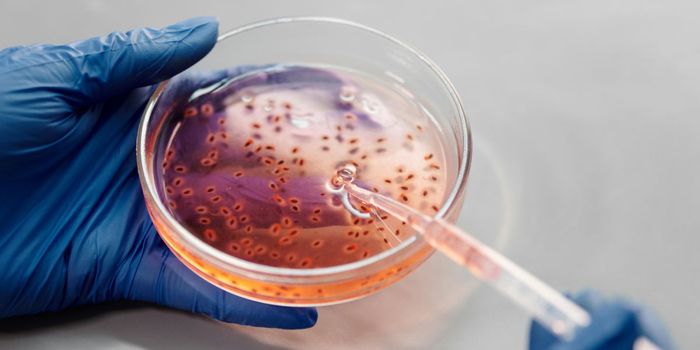Oxytocin Nasal Spray Could Reduce Loneliness in Group Therapy
Oxytocin, commonly known as the ‘bonding’ or ‘cuddle’ hormone, can reduce acute feelings of loneliness in group therapy sessions for chronic loneliness. The hormone shows promise as a supportive tool during the initial stages of therapy. The corresponding study was published in Psychotherapy and Psychosomatics.
Loneliness is a negative feeling that occurs with the feeling that one’s social relationships are insufficient in terms of quantity or quality. Although not a disease, it is linked to several mental and physical conditions. Existing psychological interventions for those with chronic loneliness have shown limited results.
Preliminary evidence suggests that people with loneliness have impaired oxytocin signaling. In the current proof-of-concept study, researchers investigated whether oxytocin could increase the effectiveness of group therapy sessions among people experiencing chronic loneliness.
To do so, they recruited 78 adults- including 56 women- who were healthy yet lonely. The participants received five weekly group psychotherapy sessions and either oxytocin via nasal spray or a placebo before sessions.
The researchers assessed participants for trait-like loneliness at the beginning of the study, immediately after the intervention, and both 3 weeks and 3 months afterwards. Other measures included acute loneliness, perceived stress, quality of life and therapeutic relationship during each session.
Ultimately, the researchers found that all participants benefitted from the psychological intervention, which was linked to reduced levels of perceived stress and improved trait-like loneliness that remained evident at the 3-month follow-up.
While intranasal oxytocin had no significant effect on trait-like loneliness, quality of life or perceived stress, it was linked to a decrease in feelings of acute loneliness during sessions, and significantly improved positive bonding between group members.
“This is a very important observation that we made- oxytocin was able to strengthen the positive relationship with the other group members and reduce acute feelings of loneliness right from the start. It could therefore be helpful to support patients with this at the start of psychotherapy,” explained lead author Dr. Jana Lieberz from the University Hospital Bonn (UKB), in a press release.
“This is because we know that patients can initially feel worse than before starting therapy as soon as problems are named. The observed effects of administering oxytocin can in turn help those affected to stay on the ball and continue,” she concluded.
Sources: Neuroscience News, Psychotherapy and Psychosomatics









